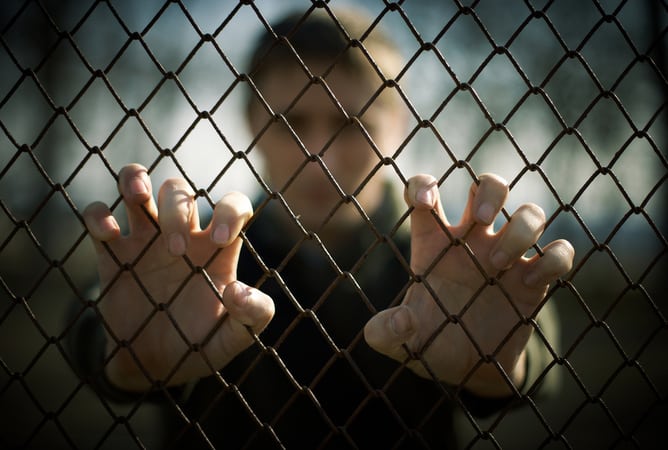Rising juvenile crime has become a distressing issue across U.S. cities, with a recent incident in La Crosse, Wisconsin, emphasizing the gravity of the problem. An 18-year-old La Crosse resident, Rylee J. Jones, was charged with armed robbery, bail jumping, and disorderly conduct after allegedly forcing his way into a car and taking a wallet containing $700 from a young woman. Armed and emboldened, Jones reportedly told the victim she couldn’t leave, searched the vehicle, and laughed as he held a “long gun” before escaping with her graduation money.
This incident is part of a broader trend of rising youth violence in American cities, as noted by The Heritage Foundation. Juvenile crime rates have surged in recent years, exacerbated by lenient juvenile justice policies and a lack of accountability. In cities like Washington, D.C., the attorney general has pledged not to prosecute minors as adults, even for severe crimes like carjacking, robbery, and in some cases, premeditated murder. This well-intentioned approach, aimed at reducing harsh penalties for young offenders, has instead incentivized criminal activity among youth, leading to a staggering 63% of carjacking arrests in the city involving juveniles this year alone.
In La Crosse, Jones’s arrest comes amid a larger pattern where young people are being recruited by gangs to carry out violent crimes, knowing they face lighter sentences if caught. Phoenix, Arizona, is grappling with a similar issue; juvenile violent crime has risen by 76% this year, with offenses including robbery, assault, and even homicide. Meanwhile, Milwaukee has seen a steady rise in juvenile crime, with heartbreaking cases like that of Marquis Hacket, a father of three who was killed by a 14-year-old driving a stolen car. This juvenile had previously been charged with similar offenses but faced minimal consequences.
The Heritage Foundation emphasizes that the leniency in juvenile crime policies often fuels this cycle of violence. Many young offenders see the lack of repercussions as a free pass, a fact well-known by the gang leaders who exploit them. To address this crisis, local governments must fund and empower law enforcement agencies and juvenile justice systems to enforce stronger accountability measures, protecting not only the community but also the young offenders who might otherwise fall into a lifelong cycle of crime.
For cities facing this crisis, leaders have a clear solution: institute reforms that send a strong message to juveniles and gang members alike that crime will have consequences. Without a firm approach, communities risk further escalation of violence and loss, while families like Marquis Hacket’s continue to pay the ultimate price.
































In any case 28 isssn adult. In WI under criminal statutes 17 years of age is an adult. As young as 10 can be waived into adult court for serious crimes. Done flaws in this article,